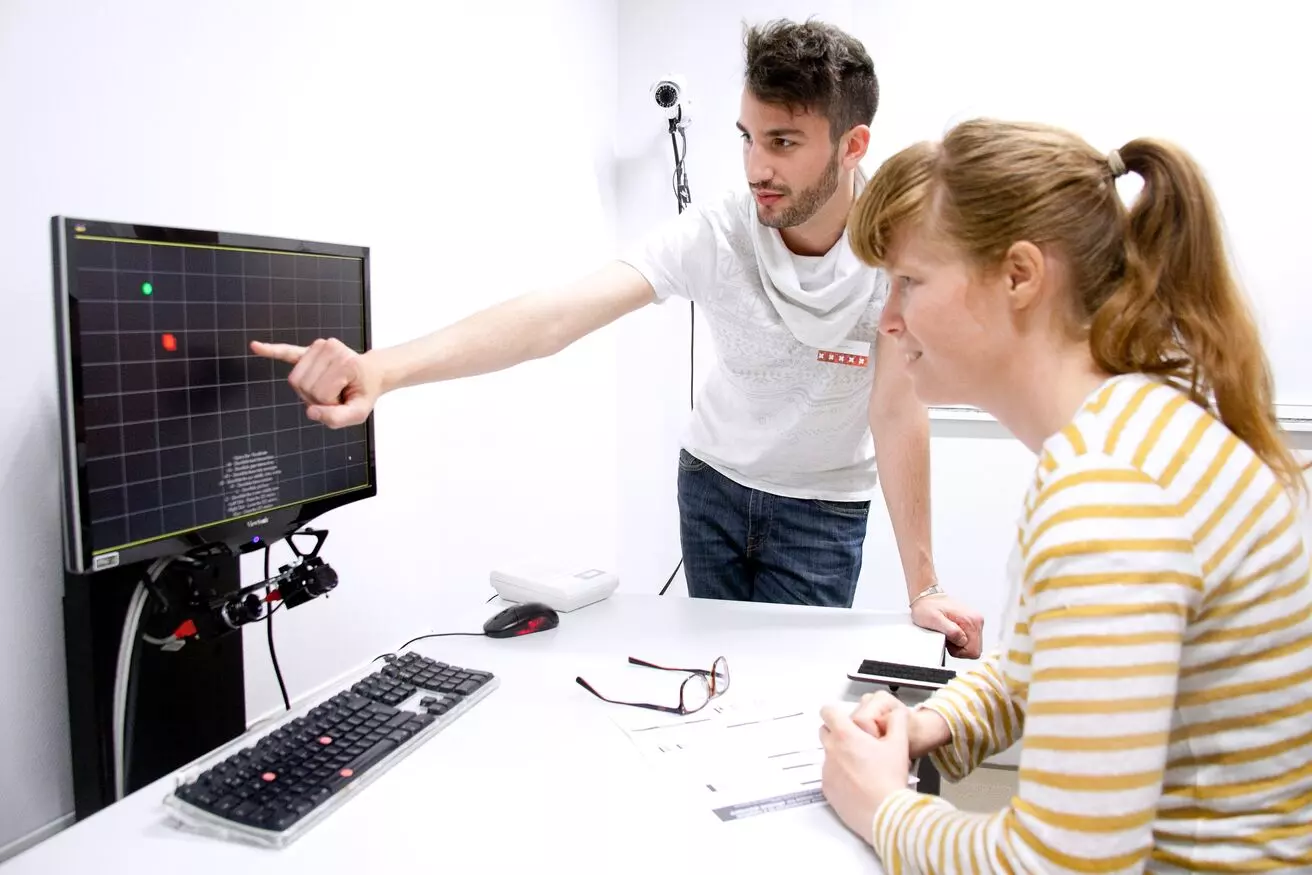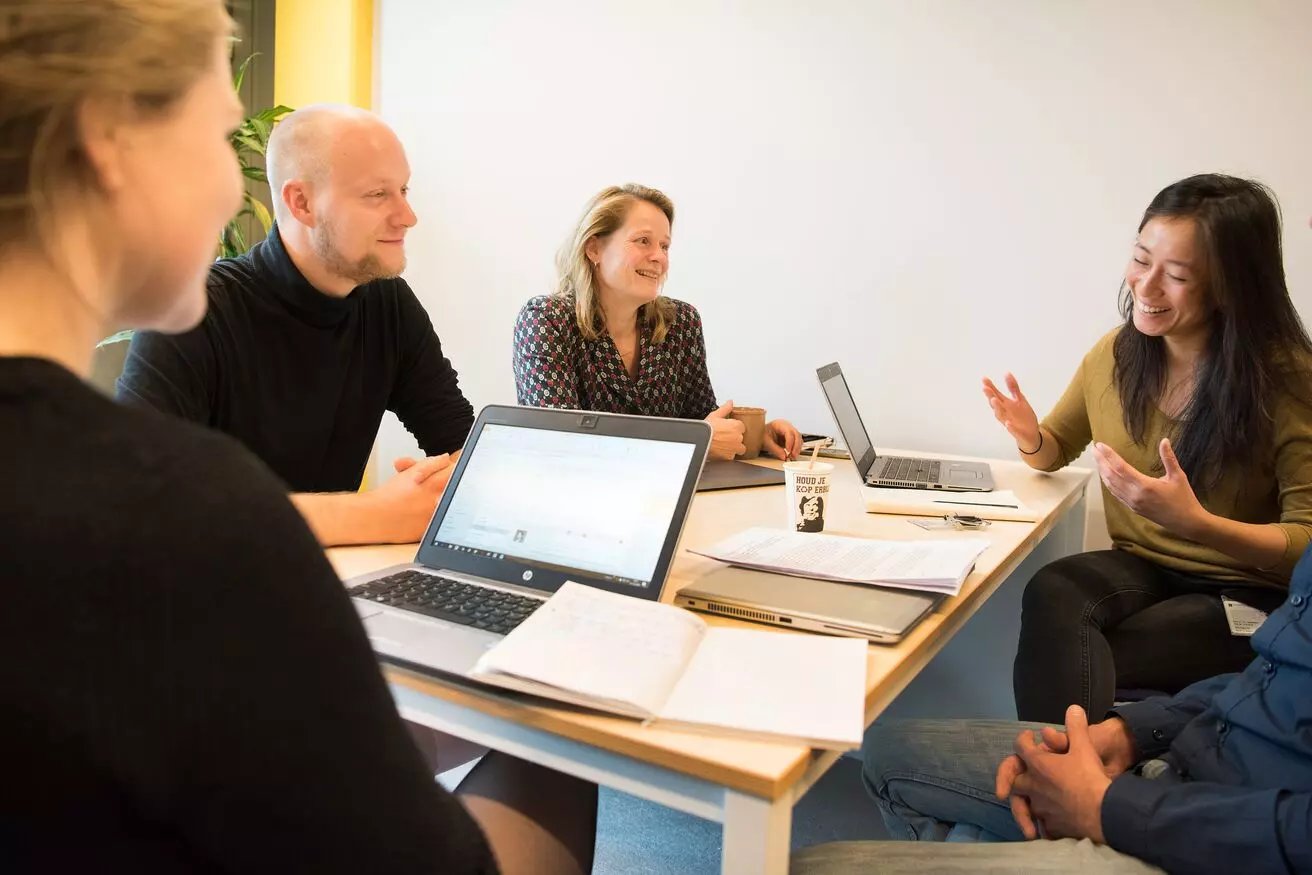Not found

More vacancies

Postdoctoral Researcher: Effects of Cannabis Supply Modes on Health and Safety Outcomes
- Faculty of Social and Behavioural Sciences
- €4.728
- Closes on31-08-2025
- PhD
- Minimum 15.2 hours
Are you intrigued by: (1) finding answers to innovative interdisciplinary questions such as “Does the way drug-users acquire drugs determine health and safety outcomes?” and (2) developing theories and contributing to practical solutions to answer such questions? Then we have the perfect challenge for you!
View vacancy

Postdoc Position in Trapped Ion Quantum Information
- Faculty of Science
- €3.378 - €5.331
- Closes on01-10-2025
- PhD
- 38 hours
Are you a highly-motivated researcher looking for a post doc for performing state-of-the-art atomic physics experiments and developing quantum technology? Then we are looking for you!
View vacancy

PhD Position in Atom Interferometry
- Faculty of Science
- €3.059 - €3.881
- Closes on31-08-2025
- Master's
- 38 hours
Are you eager to push optical atomic clocks to new levels in a lively, international research group? Do you enjoy creating complex machines that have never existed before? Do you want to explore physics that nobody else has seen? Maybe you want to join our team as a PhD on our journey to continuous cold and ultracold atom interferometry. We are the QG&QI group at the University of Amsterdam and you can read more about the project here.
View vacancy
This website uses cookies
We, and third parties, use cookies on our website. We use cookies to ensure that our website functions properly, to store your preferences, to gain insight into visitor behavior, but also for marketing and social media purposes (showing personalized advertisements). By clicking 'Accept', you agree to the use of all cookies. In our Cookie Statement. you can read more about the cookies we use and save or change your preferences. By clicking 'Refuse' you only agree to the use of functional cookies.
